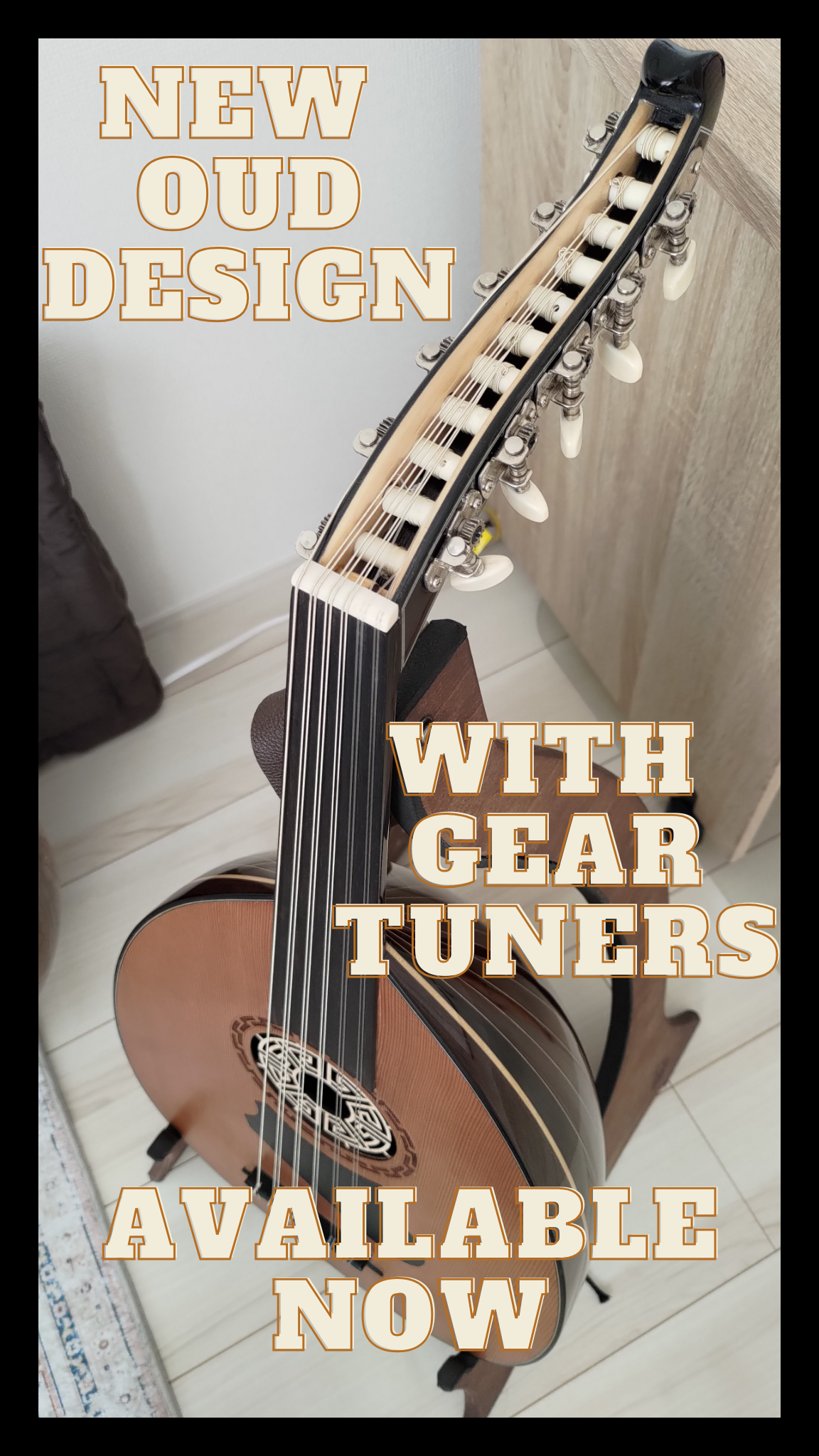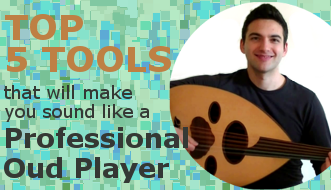Okay, so you want to hear a melody, understand it and be able to play it authentically… But you find maqam music so hard to play, can’t recognize the maqams by ear, or remember them all…or all of the above? If so, check out this Oud Maqam Learning video series: Part 1: Maqam Learning Made Easy! (you are checking out this one) Part 2: The Ultimate Introduction to Maqam Music…
Read MoreAlbum Review “From Stone To Diamond” – Hossein Behroozinia
Have you ever wondered what happened to the Oud in Persian music, why it was abandoned, and how it came known to be the main instrument of the Arabs? I often do… I have not yet found a good answer. But I can tell you that the Oud is alive and well in Iran now because of the efforts of a few individuals who helped bring it back or keep…
Read MoreHow to Amplify An Oud
My Experience With Oud On Stage Most of my early Oud playing experience on stage was in Persian ensembles. At most having four or five musicians and the Oud playing a more of a solo/bass roll. I’ve always been frustrated playing the Oud on stage. After performances I often heard that the Oud wasn’t loud enough or upon hearing the recording realized that the Oud didn’t sound like I wanted.…
Read MoreHelping You play Along With Records – Transcribe!
I have wanted to make a video about tuning your Oud to a recording in order to practice along with it. But I wanted to show you this first. I was referred to a tool that can help you change the pitch of the music you are playing to instead of you changing the pitch of your Oud too much. It is called Transcribe! Why Should Oud Players Use…
Read MoreLuth Traditionnel en Iraq – Album Review – Jamil Bashir
Welcome to another Oud Geek album review. I have been listening Jamil Bashir’s album for quite some time now, and as they say, it’s an oldie but a goodie! If you haven’t heard it yourself yet, it is available for listening at the link below… Mike Oud’s Rare Listening – Jamil Bashir and more (Jamil Bashir is at the top) Please read the biographical information…
Read MoreCan You Count To 10? – Sama’i Thaqil – Samai Rhythm
When was the last time you had trouble counting to 10? It was probably when you were 5 years old, or maybe it was the first time you tried to play or listen to a Sama’i instrumental! I want to share something very quick, short and easy that you can use to keep track of the beat of a very pesky rhythm in Arabic music called Sama’i Thaqil, and Aksak…
Read More7 Essential Rules For Left Hand Technique on Oud
Have you ever wondered how the Pros play so fast? Here are some clues… After reading this article you will be equipped with the guidelines necessary to properly finger notes on the Oud fingerboard. 1. Make use of two hand positions For left hand technique there are two main hand positions you can use when playing the Oud, I have termed these: The whole hand position This position uses…
Read MoreOud Maintenance and Care – Stories from the Oud Geek
It goes without saying that it is important to take care of your Oud. My poor Oud has had its share of mishaps and abuse. But it has thankfully survived thanks to superb craftsmanship by Luthier Dimitri Rapakousious. I think it sounds better and better as it ages. Humidity and Peg Maintenance and Care I had just brought my Oud back home to Canada from…
Read MoreMaqam Mystery to Maqam Mastery – a New Approach to Learn Maqam
Maqam Mystery What really are maqams? You’re not the only one asking this question. In fact, we keep on hearing from our readers over and over again, “How can I learn all maqams? How can I play them authentically?” Learning and playing maqamat seems very difficult at first. It is hard to remember them all, and all the proper pathways to modulate to a different maqam… Or is…
Read MoreEasy Rockin’ Oud Technique: Oud a la Van Halen
This article and video is going to teach you how to take a simple melody and turn it into a trail blazing explosion of serious Van Halen inspired chops! And this Oud technique only involves three parts: 1. Hold down a note on fingerboard and play a down stroke 2. Pull-off that note with your left-hand finger to allow the open string to sound 3. Then play the open string again…
Read More




